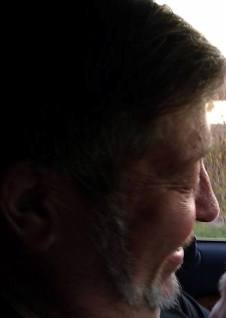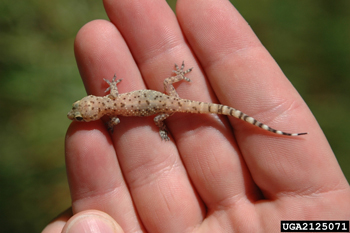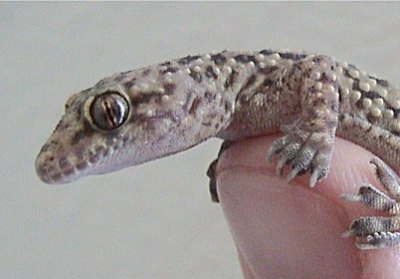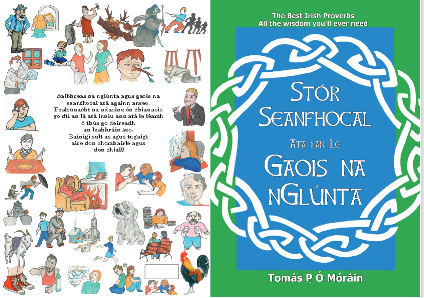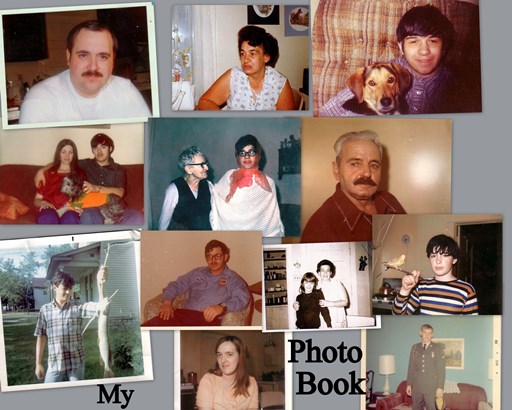
By
Thomas F. O'Neill
The fall semester of teaching here in China
started quite early due to the low cases of the coronavirus. The Chinese
government is however worried that a second wave of the virus might hit
China this fall. That being said, the semesters go by very quickly and
all my classes take on a personality of their own due to the students in
my classes, every class becomes uniquely different
The new students seem quite curious and somewhat reserved
when they first appear in my classroom but within a few weeks, they
open-up and are full of questions. They each hold various opinions about
everything under the sun. I enjoy the lively discussions about culture
in general and the role language plays in our cultural development.
When foreigners like me enter a foreign land where English is
not the native vernacular a part of ourself seems somewhat cut off and I
mean that literally. This is especially true in China because the
Chinese do not use a written alphabet, they use symbols that go back
thousands of years. Long before us, Schuylkill County coal cracker folk
in Northeastern Pennsylvania walked the earth.
We take our native language for granted each time we turn on
the radio or the TV. When we go out to see a movie or watch a live
performance in a theater part of the enjoyment comes from our language.
I tell my students at the beginning of each semester, “When I
first arrived in your country; I was an illiterate immigrant because I
could not speak or read your language. I still have difficulties, but I
have learned enough Chinese to overcome some of the language barriers.”
My students always asked me when I first arrived in China how
I get around the City not being able to speak Chinese fluently. I
explained to them, some technological tricks I used in communicating
with the Suzhou locals. “I use the Google translator on my Blackberry
Cell phone,” I would tell them, “but sometimes I still stumble because
Suzhou people have their native dialect and simplified Chinese doesn’t
always cut it.”
Ten years ago, I told my students a story about a frustrating
experience I had at a China Mobile office. “No one at that office could
speak a word of English,” I told them. “I got so frustrated that I
called a China Unicom customer service number that has an English
support line. I politely asked the woman on the phone if she could
please translate for me. The woman I was speaking with was 2,900
kilometers away in Beijing, China.”
When the students stopped laughing, I continued the story.
“What made the situation even more amusing, China Unicom, as you all
know is China Mobile’s major competitor. I politely told the woman on
the phone what I needed from China Mobile. What I needed was China
Mobile’s office address in Chinese. So that the next time I needed to
put money on my phone I could just show the taxi driver the Chinese
address. That would be the most simplified way of getting there. I
talked slowly to the China Unicom English customer service woman. Then I
handed my phone to the woman sitting in front of me at the China Mobile
office. The woman doing the translating was quite helpful but somewhat
confused as to why I was asking her to translate for me I was after all
in Suzhou China, in a China Mobile office of all places.”
The students laughed at that story and various other stories
of my inability to communicate in Chinese. A hand shot up, “Teacher” a
female student asked, “why don’t you take the time to learn Chinese?”
“I realize now,” I said to her, “I need a tutor to help me with my language impediment.”
“I don’t see why you don’t learn Chinese” Donna my prized student said to me.
“The number one cause of failure in life is procrastination,”
I said to the class, “I need to stop procrastinating and take the time
to study Chinese, especially, when I consider the fact that I want to
remain living here.”
On my last day of teaching for that school year back in 2010,
Donna came up to me after class, “Mr. Tom,” she said, “you are the
fattest teacher I ever had and the funniest person I’ve ever known. I’m
going to miss you very much.”
I said to her, “you have such a bright future because your personality shines.”
She was truly my prized student for that year. Her term paper
was written on the cultural differences between the Pennsylvania Coal
Region and the Jiangsu Province in China. Every evening she read various
Newspapers, the Standard-Speaker, the Republican Herald, and the News
Item online - Newspapers that cover the Pennsylvania Coal Region.
One day she came up to me before class all frustrated with
printed pages of online Blog Comments, “I don’t understand,” she said to
me on the verge of tears.
“What don’t you understand?” I asked.
“The comments,” she said in a flustered voice.
“I hope this didn’t keep you up all night,” I said with some amusement in my voice.
I then read over some of the highlighted comments. I could not help but laugh not at her but the comments.
“See,” she said in an upset voice, “you understand them.”
“Those comments don’t make any sense to you because they are not proper English,” I said to her.
I pointed out to her the atrocious spelling, the bad grammar,
the run-on sentences, and not to mention the lack of cohesive thought
in most of the comments.
“Ignore the comments you don’t understand,” I said to her, “and use the comments you do understand.”
Most of my students have mastered formal English and they try
extremely hard to learn English slang and American Idioms. They enjoy
watching American and British movies and television programs, they love
our western culture.
Donna said to me, in the first week of class, “Mr. Tom, you don’t have a typical American accent.”
“I know,” I said, “I have a typical coal cracker accent.” I
then went on to explain to the class about the Pennsylvania Coal Region.
Donna later told me that was the reason she chose to do her term paper
on that area of the world. She said my manner of speech got her
interested in the area.
Her term paper was extremely well-written. She was blunt
about the coal region’s attitude toward illegal immigration. She
compared the negative online comments about illegal immigration to the
China government’s attitude toward North Korean defectors.
China before the Beijing Olympics (2008) gave North Koreans
asylum in China. North Korea, however, made an issue of it and China did
not want the issue raised during the 2008 Olympics. All the North
Korean defectors that were caught were deported along with their family
members. They were sent back to their home country to face years of hard
labor.
Some North Koreans are lucky enough to make it across the
China border undetected. They then cross over into Laos’ they pay people
to transport them into Vietnam in riverboats. They then cross the ocean
in barges to seek asylum in South Korea. This is a long and treacherous
journey for many North Koreans seeking a better existence. They choose
to make the journey with an undeterred determination so that their
children can have better lives and better opportunities in South Korea
….. “Many Latin American immigrants cross over into America with similar
dreams for their children,” Donna wrote in her paper.
I received a text message 5 years ago from Donna via the
internet. She had been awarded a scholarship to Princeton University for
graduate studies in International affairs. She said jokingly my class
prepared her for Princeton University’s way of talking.
No words could ever express the feeling that came over me
when I heard an audio message from her that said, “Thank you, Mr. Tom,
for being our teacher.”
My Chinese has improved a great deal from 10 years ago and
the advancements in technology have also made my life a little easier.
Especially, with the advancements of WeChat, Google, and the internet in
general.
I will from time to time post some other reflections about my experiences here in China ……..
Always with love from Suzhou, China
Thomas F O’Neill
Phone: (800) 272-6464
WeChat: Thomas_F_ONeill
U.S. Voice mail: (410) 925-9334
China Mobile: 011 (86) 13405757231
Skype: thomas_f_oneill
Email: introspective7@hotmail.com
Facebook: http://facebook.com/thomasf.oneill.3/
Click on author's byline for bio and list
of other works published by Pencil Stubs
Online.






